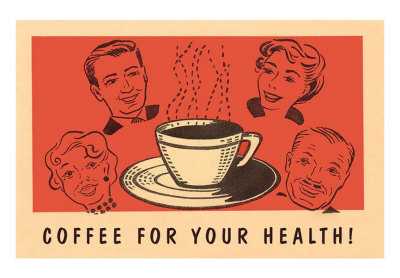PHILADELPHIA — Women who drank about four cups of coffee per day appeared to have decreased endometrial cancer risk compared with those who drank less than a cup each day.
This was revealed in a study published in Cancer Epidemiology, Biomarkers & Prevention, a journal of the American Association for Cancer Research.
“We used a ‘nutrient-wide association study,’ a new approach to systematically evaluate the association of dietary factors with endometrial cancer risk,” said Melissa A. Merritt, PhD, a research fellow in cancer epidemiology at Imperial College London in the United Kingdom.
“This approach was inspired by genome-wide association studies that look at genetic risk factors for cancer, but in our case we investigated 84 foods and nutrients in place of genes as risk factors for endometrial cancer.
“We confirmed observations from previous studies that having a high versus low intake of coffee was associated with a reduced risk for endometrial cancer, and for most other dietary factors there was no association with endometrial cancer risk,” Merritt added.
“Coffee intake is worth investigating further to see if coffee can be used for the prevention of endometrial cancer. However, before clinical recommendations can be made, further studies are needed to evaluate this question in other studies and to try to isolate the components of coffee that may be responsible for any influence on endometrial cancer,” Merritt said.
Merritt and colleagues evaluated the association of 84 foods and nutrients based on dietary questionnaires from a prospective cohort study, the European Prospective Investigation Into Cancer and Nutrition (EPIC) Study.
They then validated nine foods and nutrients identified from the EPIC study as having associations with endometrial cancer risk in two prospective cohort studies, the Nurses’ Health Study (NHS) and NHSII, two cohorts based at Brigham and Women’s Hospital, Boston, and Harvard School of Public Health, Boston, respectively.
Among the EPIC study participants, those who drank about three cups of coffee per day (750 g/day) had a 19 percent lower risk for endometrial cancer compared with those who drank less than one cup of coffee per day.
Among the NHS/NHSII participants, those who drank about four cups of coffee per day (1,000 g/day) had an 18 percent lower risk for endometrial cancer compared with those who never drank coffee.
This study focused on 1,303 endometrial cancer cases in the EPIC study, and 1,531 endometrial cancer cases from the NHS/NHSII studies.
The nine foods/nutrients that were found to have associations with endometrial cancer in the EPIC cohort were total fat, monounsaturated fat, carbohydrates, phosphorus, butter, yogurt, cheese, potatoes, and coffee.
Total fat, monounsaturated fat, and phosphorus were associated with decreased risk for endometrial cancer, and carbohydrates and butter intake were associated with increased risk for endometrial cancer in the EPIC cohort, but these findings could not be validated in the NHS/NHSII cohorts.
The coordination of EPIC is financially supported by the European Commission (DGSANCO) and the International Agency for Research on Cancer.


















